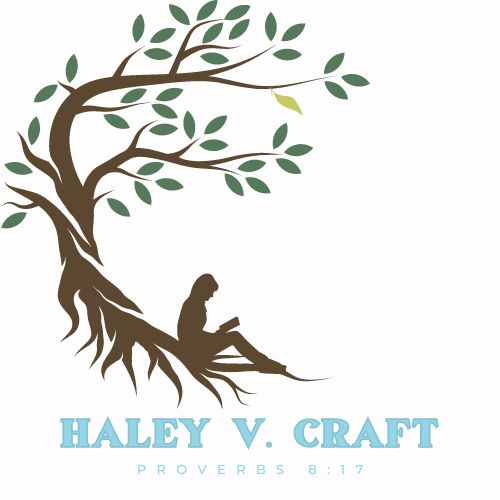So He said, “Go forth and stand on the mountain before the LORD.” And behold, the LORD was passing by! And a great and strong wind was rending the mountains and breaking in pieces the rocks before the LORD; but the LORD was not in the wind. And after the wind an earthquake, but the LORD was not in the earthquake. After the earthquake a fire, but the LORD was not in the fire; and after the fire a sound of a gentle blowing. When Elijah heard it, he wrapped his face in his mantle and went out and stood in the entrance of the cave. And behold, a voice came to him and said, “What are you doing here, Elijah?”
—1 Kings 19:11-13
If you’re like me, there are some passages in Scripture that you know about, but you’ve paid a whole lot of attention to. This is one of those passages for me. I’ve heard about the still, small voice of God coming to the prophet Elijah in the mountains before, but I had never really dug into its meaning. And boy was I missing out!
We live in a world pretty similar to the one Elijah lived in—lots of violence, lots of idolatry, lots of rebellion against God. Sounds pretty familiar, which is why we can take comfort in the lessons we learn from Elijah’s time on Mount Horeb.
This passage comes right on the heels of the great victory over Baal’s priests when Elijah called fire down from heaven. One might think that Elijah’s faith would be strong, bolstered by the amazing victory he’d taken part in, but the very next day, when he gets word that Queen Jezebel plans to kill him, he turns tail and runs away.
He ends up, after some miraculous provision and a very long journey, at Mount Horeb. This mountain is deeply significant to the people of God. When Moses led the Hebrews to the mountain they called it Mount Sinai. It’s where Moses met with the burning bush, where God entered into covenant with His people and handed down the Ten Commandments. It was the mountain of God where God came to meet His people.
It might seem wise, if one were going to go to the place where God had historically met with His people, to prepare one’s heart for that kind of interaction, but this is not what we see from Elijah when God speaks to Him. Instead of humbly answering God’s question, Elijah complains about how he has been treated and catastrophizes by claiming that he is the only person in all of Israel who is still faithful to God.
In some ways, I think Elijah is accusing God. It seems to him that he is the only one faithful, so why hasn’t God brought down divine retribution against Elijah’s enemies like He did with the priests of Baal?
And that’s when it gets good. Three times God demonstrates His power—with the wind, the earthquake, and the fire—but He also demonstrates who He is. Wind was closely associated with life and spirit, and the Spirit Elijah encountered was not a weak breeze, but a wind that could destroy mountains. Earthquakes are associated with judgment—the kind Elijah wanted his enemies to experience. Fire is associated with purification, a process that Elijah had begun in obedience to God when he defeated the priests of Baal.
All in all, God clearly demonstrated that He could destroy Elijah’s enemies and the rebellious people of Israel if He wanted to, but He chose patience, gentleness, and the opportunity of a relationship with the remnant of 7,000 faithful. He chose the still, small voice, the gentle breeze. That breeze was just as powerful as the other three but offered healing and comfort rather than destruction.
Even though things were not going well in Elijah’s opinion, God had never ceased working in His chosen nation. His movements and workings may not have been overt and loud like Elijah wanted them to be, but He had never ceased working, never stopped seeking a relationship with the people He loves.
For years, I’ve felt a bit like Elijah seemed to feel—like things are going horribly wrong and God just didn’t seem to be moving. The culture just seemed to be getting worse and worse, more and more filled with hate for each other and the conviction that we should be able to do whatever we desire. But God had never stopped working.
In recent months, God’s work around the world has become more clear. People from around the world are rising up to go on mission to unreached people groups. For the first time in years, the number of people getting saved and baptized is trending upward. Local revivals have happened in several areas around the country.
When God finally spoke to Elijah, he did not choose to respond by drawing close to the God who came to him as a gentle, relational voice. He chose to continue to complain, and it spelled the beginning of the end of his ministry.
Our God is on the move. He is calling us. Calling us to Him, to repentance, to service, to obedience. We are getting to witness the proof of His ongoing work in our world, so let’s not make the same mistake that Elijah did. Let’s draw close to our God in faith, thanksgiving, and obedience because He is a God who wants and works to draw close to us.






0 Comments